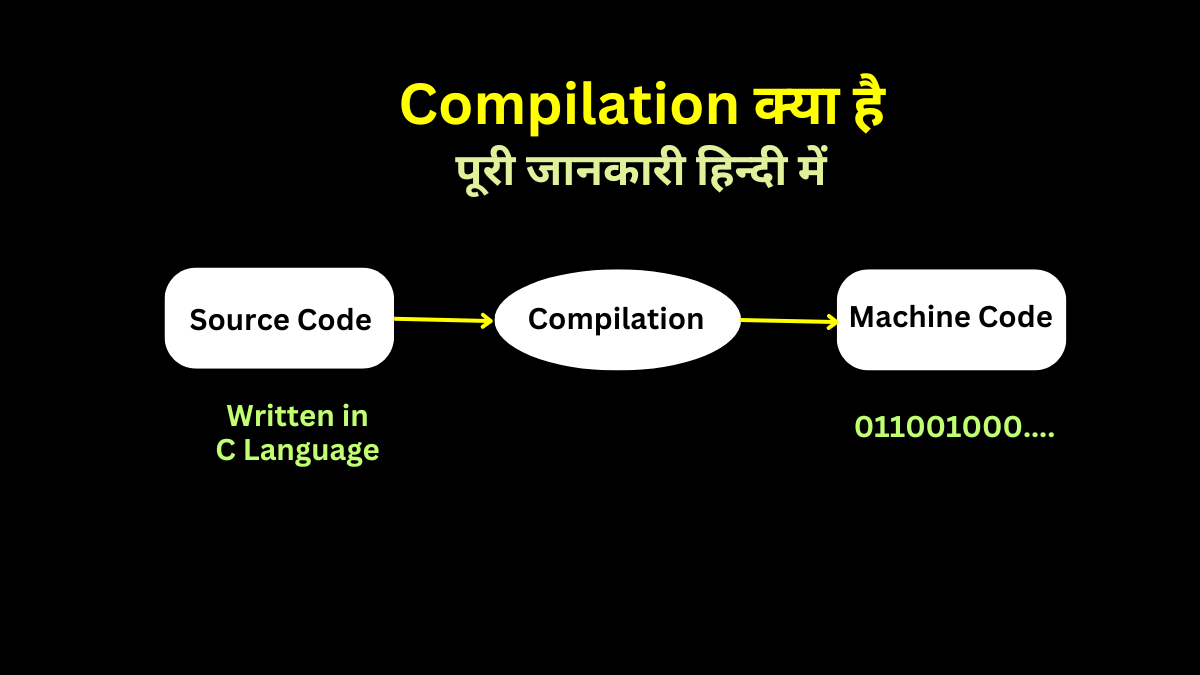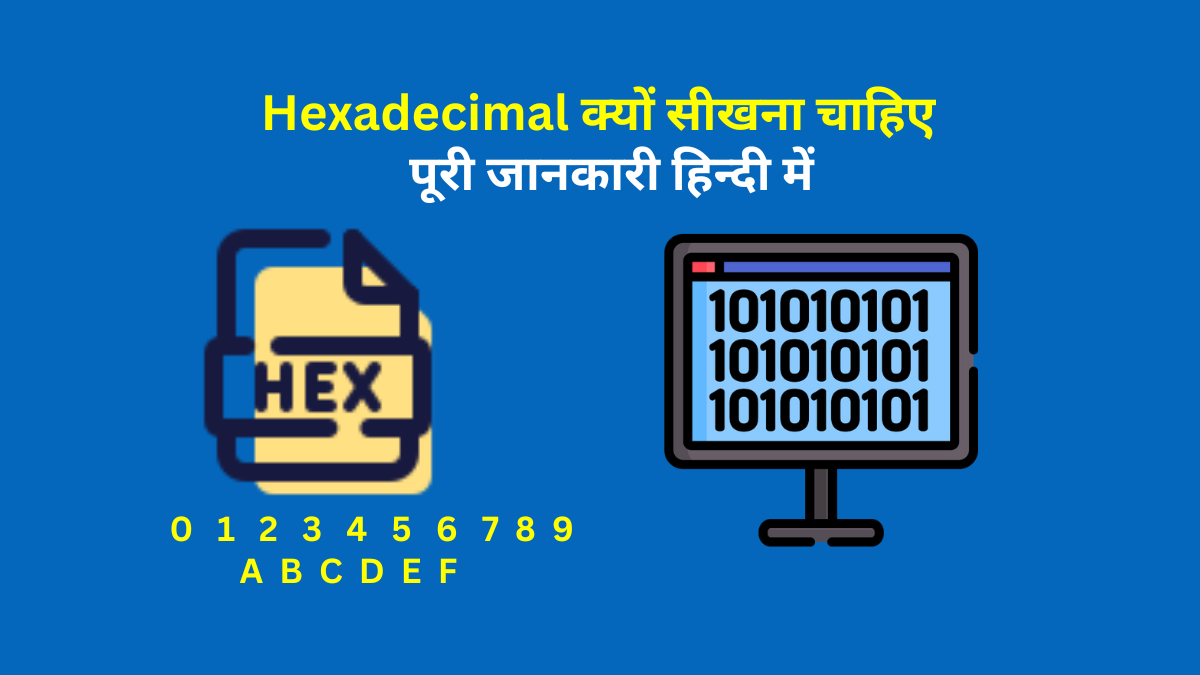In the world of programming, keywords and identifiers play crucial roles. Understanding the difference between these two concepts is fundamental for any aspiring programmer. Keywords and identifiers serve distinct purposes and have specific rules associated with them. In this tutorial, you will get complete information about what is Keyword and Identifier, role of keywords and identifiers in programming languages, highlighting their individual functions, finally explain what are the difference between keywords and identifiers and providing examples to enhance you skills.
What are Keywords in programming?
Keywords are predefined reserved words in programming languages that have special meanings and purposes. These words are already defined and cannot be used for any other purpose except for their intended use within the programming language. Keywords are essential building blocks of a programming language, and they determine the syntax and structure of the code.
Role of keywords in programming languages
Keywords play a vital role in programming languages by providing specific instructions and defining the behavior of the program. They act as commands or directives that guide the compiler or interpreter to perform specific tasks. Keywords are used to define control structures, data types, loops, conditional statements, and other essential elements of programming.
Examples of commonly used keywords
Different programming languages have their own sets of keywords. Here are a few examples of commonly used keywords in programming languages:
| Programming Language |
Keywords |
| C/C++ | if, else, while, int, float, for, switch, break, continue, return. |
| Java | public, class, void, static, final, if, else, while, for, switch, return. |
| Python | if, else, while, for, def, import, True, False, None, and, or. |
Also Read : Difference between Recursion and iteration
How keywords are reserved and cannot be used as identifiers
Keywords are reserved in programming languages to prevent them from being used as identifiers or variable names. Using a keyword as an identifier would cause conflicts and result in syntax errors during compilation or interpretation. Programmers must adhere to the language’s rules and avoid using keywords as variable names.
What are identifiers in programming?
Identifiers are names given to various programming entities such as variables, functions, classes, objects, and modules. They are user-defined and serve as references or labels for these entities. Identifiers help programmers identify and access different elements of their code.
Role of identifiers in programming languages
Identifiers are crucial in programming languages as they allow programmers to define and use variables, functions, and other components within their code. They provide a way to refer to specific entities and make the code more readable and understandable. Proper and meaningful identifier names enhance code maintainability and collaboration.
Examples of identifiers
Identifiers can vary based on the programming language and the context in which they are used. Here are some examples of identifiers in different programming languages:
|
Programming Language |
Identifiers |
| C/C++ | count, average, totalAmount, MAX_SIZE, calculateArea. |
| Java | firstName, lastName, numberOfStudents, calculateSalary, printMessage. |
| Python | num1, num2, total_sum, PI, calculate_area. |
Importance of identifiers
Identifiers play a significant role in programming as they help create self-explanatory and meaningful code. Well-chosen identifiers make the code easier to understand, debug, and maintain. By using descriptive names for variables, functions, and other elements, programmers can enhance the readability and clarity of their code.
Rules and conventions for naming identifiers
To ensure consistency and readability, programming languages often have specific rules and conventions for naming identifiers. Although these rules may vary, some common guidelines include:
- Identifiers should start with a letter (or underscore in some languages) and not with a number.
- Identifiers can contain letters, numbers, and underscores (some languages may have additional characters allowed).
- Identifiers are case-sensitive, so “variableName” and “variablename” are considered different.
- Identifiers should be meaningful and reflect the purpose or nature of the entity they represent.
- Camel case or underscore-separated naming conventions are often used (e.g., camelCase or snake_case).
Difference between Keyword and Identifier
| Keyword | Identifier |
| Keywords are reserved words with predefined meanings, used to define the syntax and structure of the code. | Identifiers, on the other hand, are user-defined names that represent variables, functions, and other entities within the code. |
| keywords have specific uses and cannot be used as identifiers | Identifiers are flexible and can be chosen by the programmer. |
| Keywords are limited and restricted in number. | While identifiers can be created according to the programmer’s needs and preferences. |
| Keywords have a fixed meaning in the language. | Whereas identifiers’ meaning is determined by the programmer’s code. |
Also Read : How to make money online with Mobile app development
Conclusion
Keywords and identifiers are distinct elements in programming languages that serve different purposes. Keywords are predefined reserved words with specific meanings, used to define the syntax and behavior of the program. Identifiers, on the other hand, are user-defined names given to variables, functions, and other entities within the code. Understanding the difference between keywords and identifiers is crucial for writing effective and readable code.
FAQs
-
No, keywords are reserved and cannot be used as identifiers. Using a keyword as an identifier would result in syntax errors.
-
The number of keywords in a programming language depends on the language itself. Different languages have different sets of keywords.
-
Meaningful identifiers enhance code readability and maintainability. They make the code self-explanatory and easier to understand for both the programmer and others who may work with the code.
-
Yes, the same word can be a keyword in one programming language and a valid identifier in another. The context and rules of each language determine how keywords and identifiers are treated.



